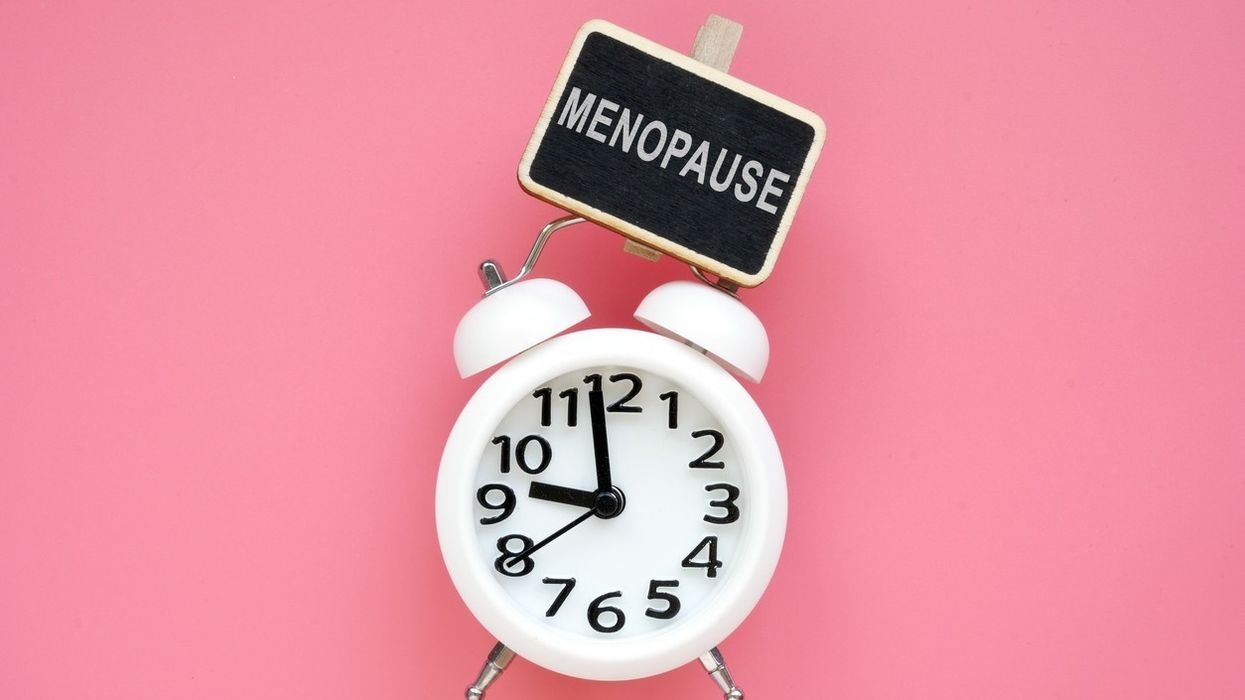MENOPAUSE is literally a hot topic, being discussed now more than ever and that’s great.
But according to leaflets in doctor’s surgeries or the internet, south Asian women don’t experience menopause, as neither feature them. It doesn’t help that it’s still taboo in our communities. We are expected to just get on with it as our mothers and grandmothers did. But this story must change and even more so because we are disproportionately affected by menopausal-related conditions such as diabetes, osteoporosis, heart disease, anxiety, and depression.
Midlife can be an emotional rollercoaster for women. Imagine experiencing unpredictable mood swings, anxiety, anger for no reason, forgetfulness, ridiculously heavy periods, loss of sex drive, tingly legs, gaining weight, feeling like you’re losing control, random hot flushes – which creep up at the most inconvenient times – broken sleep, feeling exhausted, struggling to cope and more. And imagine not knowing why. That is the alarming reality for many women.
Understanding the three phases of midlife health; perimenopause, menopause, and post-menopause is essential. Perimenopause starts at different ages, but some women notice changes as early as their mid-30s. Once you’ve gone a full year without a period, you’ve officially reached menopause. And post menopause is when symptoms have stopped. The good news is women can take control of their symptoms. There’s an impressive number of options, including more than 50 different types of HRT (hormone replacement therapy) through tablets, gels, hormone implants, skin patches, and vaginal creams.
But perhaps the most transformational aspect of menopause care is treating women holistically. You can’t separate the mind from the body and emotions, especially when it comes to menopause because all of it changes. As an acupuncturist and therapist who works with women’s health, considering medical requirements, along with emotional wellbeing, mental health, nutritional and lifestyle needs, is equally important to me. For example, our metabolism changes through midlife and our diet needs to support this transition.
Also, when a woman is under a lot of stress even from high-intensity exercise, the body releases extra cortisol, which can exacerbate menopausal symptoms by playing havoc with hormones. So, pushing yourself through that tough HIIT class you smashed in your 30s might not be the best option for your mind and body now. Exercises like strength training, brisk walking, yoga, and pilates can help menopause. When I feel a hormonal shift happening, sweating, or feeling anxious for no reason, choosing exercise based on my mood helps to take control of the impending rollercoaster ride. Mood-based exercise could make a massive difference (please see my recent column on this).
Of course, take the stellar HRT, but remember the power of good nutrition, an exercise that aligns with how you feel, and even talking therapies, acupuncture, or reflexology to keep your mind, body, and emotions strong. It’s this holistic approach that can help the entire being of a woman through the turbulent phase.
Ultimately, everyone should know about menopause because it’s a natural phase each woman will go through. Menopause can come as a shock if we are not prepared for it. And it’s never too early to get informed or make your hormone health a priority. In Chinese medicine, menopause is a “second spring” – a profound time when a woman can use her new energy to pass on wisdom and be inspired with newfound passions. So, why should there be any shame in this season of our lives?
www.mitamistry.co.uk
Twitter: @MitaMistry




